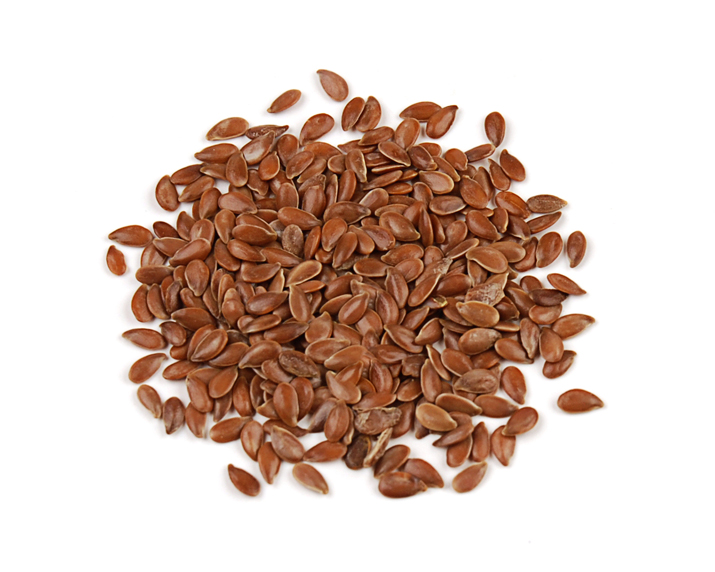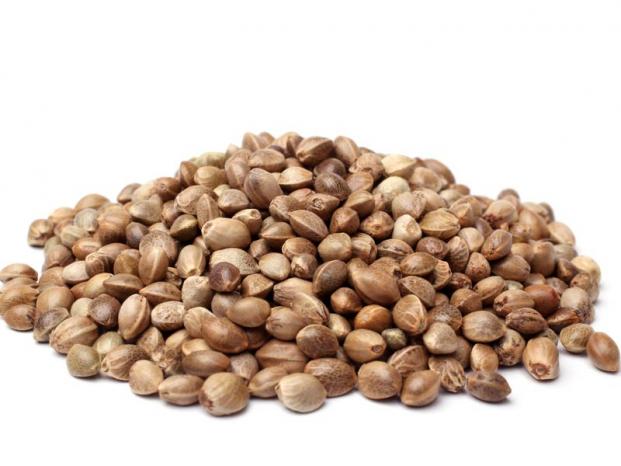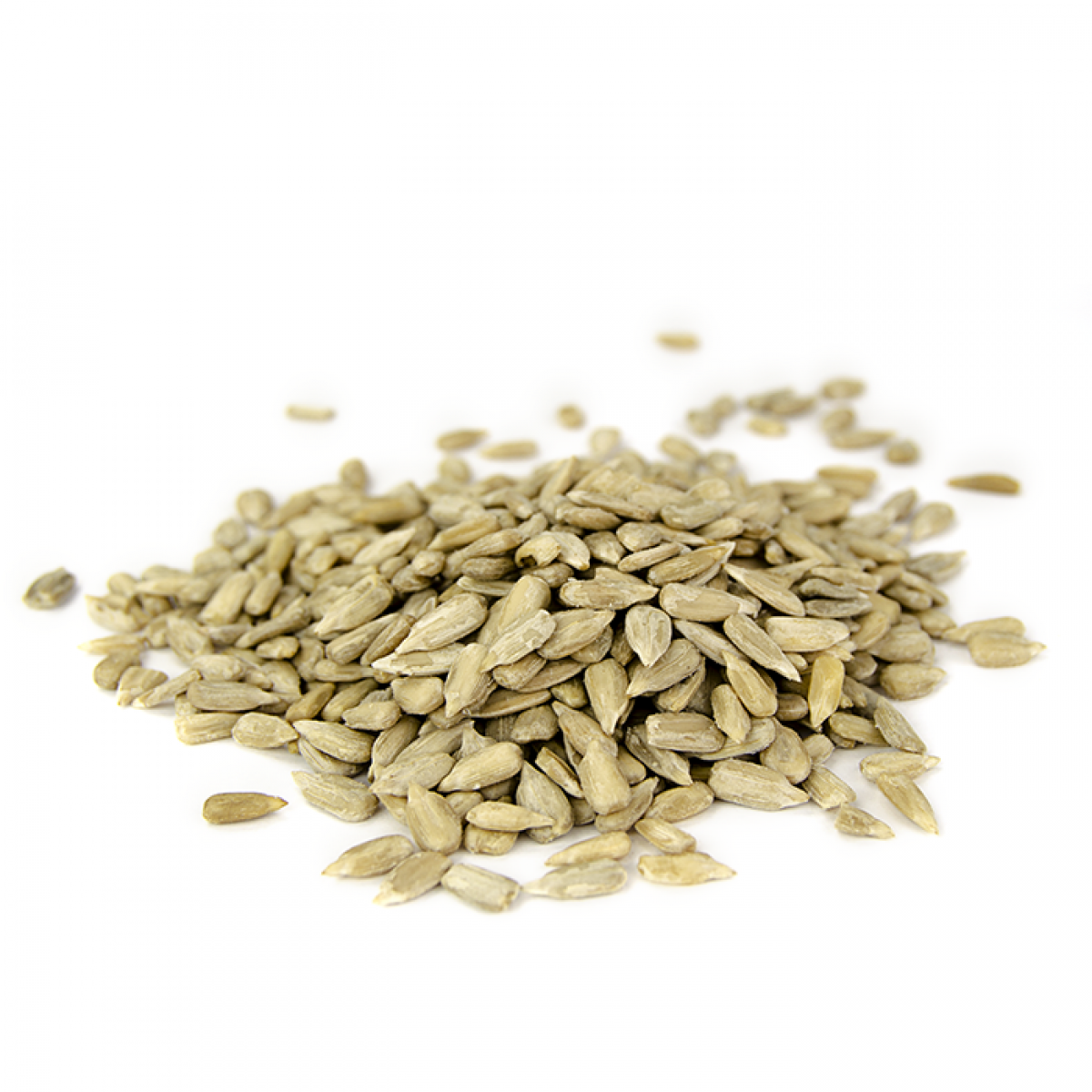The excellent nutritional quality of seeds makes them essential to maintaining a varied, healthy and balanced diet.
Flax seeds are one of the best dietary sources of soluble fibre. Hemp seeds offer a mega-dose of magnesium and a beneficial ratio of omega 3/omega 6 fatty acids. And sunflower seeds provide an impressive source of unsaturated fats and minerals such as iron, magnesium, copper and manganese, as well as an excellent source of vitamin E.
Tania Mesa – Nutritionist and Nurse from Neolife
The seeds: unknown in the kitchen, but full of vitamins, minerals, fibre, essential oils…
Although they were widely known and used in the past, we have allowed seeds to drift into obscurity. Their names are known to us, but we do not know what they can provide to our diet or how they can be added to our daily diet?
In our personal and professional experience seeds are essential to maintaining a varied, healthy and balanced diet: they are a vital source of fibre, vitamins, omega 3 and 6, proteins and minerals, whilst helping to increase the level of “good” HDL cholesterol and decrease the “bad” LDL cholesterol, improving intestinal transit, satiety (fullness) and helping us to maintain weight etc.
Once the seeds are exposed to heat, the vitamins, minerals and their essential oil profiles become denatured. In order to absorb the nutrients contained within the seeds, they must be consumed in their natural form, that is to say raw.
However, do not think that the fact that they can not be subjected to heat means that they can not be soaked, ground or pureed.
Next we outline the healthiest seeds. All of the seeds stand out for their excellent nutritional characteristics and should, therefore, be added to your diet:
Flax seeds
Flax is one of the best dietary sources of soluble fibre. They help slow digestion, reduce cholesterol levels and regulate blood sugar and appetite (therefore, it is ideal for weight loss).
They are well-known for their fibre content, but also for their high levels of omega 3 alpha-linolenic acid (ALA) and antioxidants. For this reason they also help decrease the production of agents in the body that promote inflammation and levels of the C-reactive protein (CRP) in the blood, a biomarker for inflammation that we have measured recurrently at Neolife. They also contain lignans, which are phytoestrogens, plant compounds that have oestrogen-like effects and antioxidant properties that help stabilise hormone levels, reduce the symptoms of premenstrual syndrome and the menopause; they can also help maintain blood pressure levels and, consequently, decrease the risk of cardiovascular disease.
Be sure to use ground flax seeds, as whole seeds pass through the digestive tract without providing any nutrients. This is because the flax seed has a hard outer shell that makes it hard to break. You should keep this in mind if you eat bread or one of those cereal products which contain whole flax seeds.
However, flax seeds last longer if purchased whole; as they can always be ground up in a coffee grinder or with a spice blender for consumption. However, if you buy pre-packaged flax, you should store the seeds in the refrigerator or freezer to maintain their freshness.
In the kitchen: sprinkle them on any food, including salads, post-workout shakes, hot cereals, yoghurts, baked vegetables, as an egg substitute or even include them in homemade pastries.

Hemp seeds
Hemp seeds offer a mega-dose of magnesium, which regulates muscle/nerve function, blood sugar and blood pressure; furthermore, they have a beneficial omega 3 / omega 6 fatty acid ratio, (3:1 ratio), which helps maintain good heart health. On the other hand, eating hemp seeds adds a nice nutty flavour and smooth texture to food.
In the kitchen: mix into smoothies, soups and salads.

Sunflower seeds
They are an impressive source of unsaturated fats and minerals such as iron, magnesium, copper and manganese. They are also an excellent source of vitamin E, the body’s main fat-soluble antioxidant, which help improve exercise recovery by reducing the oxidative stress induced by training. In addition, sesame seeds have one of the highest phytosterols content levels, which are present in plant compounds that have a chemical structure very similar to that of cholesterol and that when present in sufficient quantities in a diet can be used to reduce blood cholesterol levels.
In the kitchen: can be consumed in all kinds of ways. They can be added to salads, yoghurts, shakes or mixed into sauces. If you make your own bread, biscuits or homemade buns, you can dip the top in sunflower seeds before baking.

In the following blog we will talk about the properties of sesame seeds, pumpkin seeds, chia seeds and quinoa.
